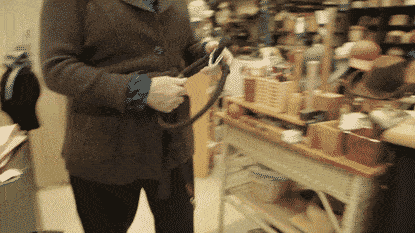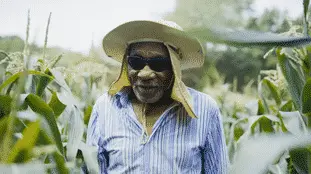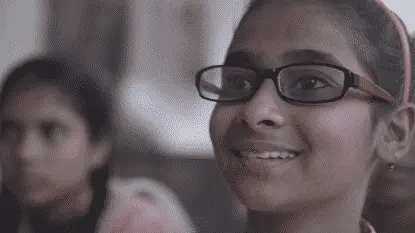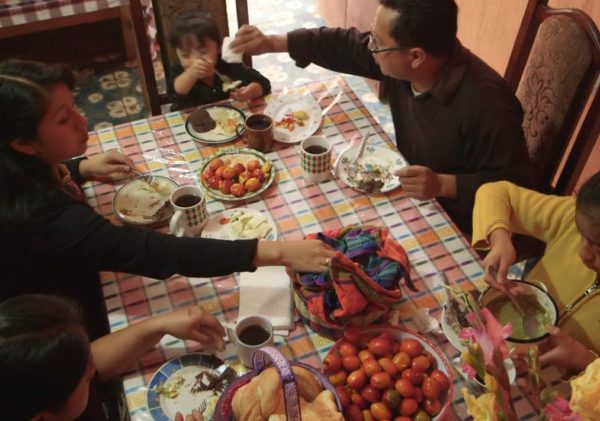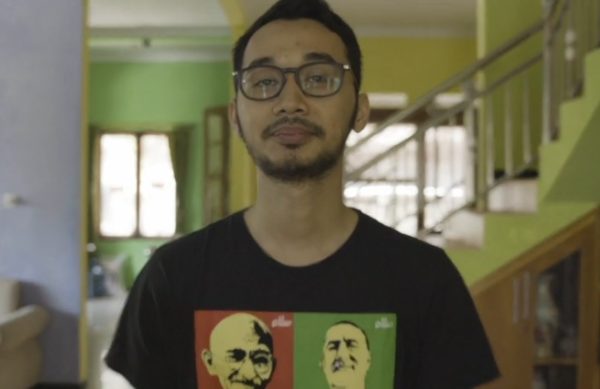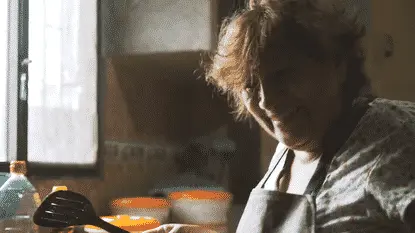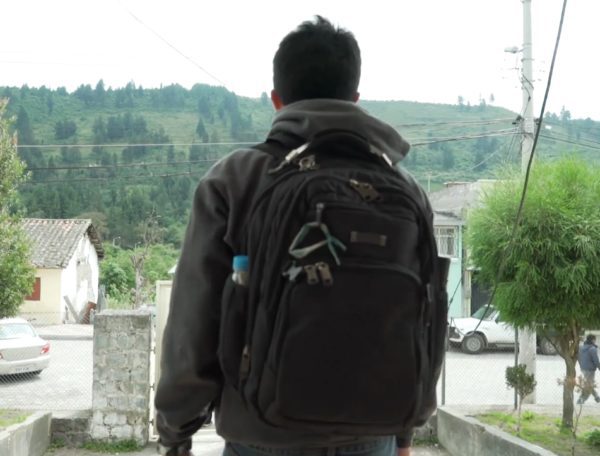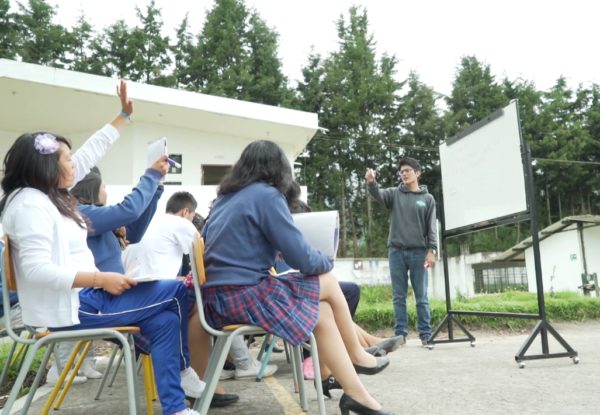I Am Norma :: Seeding Dreams
A Better World Ed Story
Welcome to a Better World Ed wordless video, human story, and lesson plan: I Am Norma :: Seeding Dreams.
Let's step into a unique human's mind, heart, perspectives, story, and community. Let's explore self, others, and our world in a humanizing way.
Take a deep breath. Let's get started with I Am Norma :: Seeding Dreams.
Click the "lesson plan" tab if you're looking for ideas on how to engage with this story on your own or in a group. If you're eager to start right away and want to create your own learning guide based on the narrative, click the "story" tab or play the video!
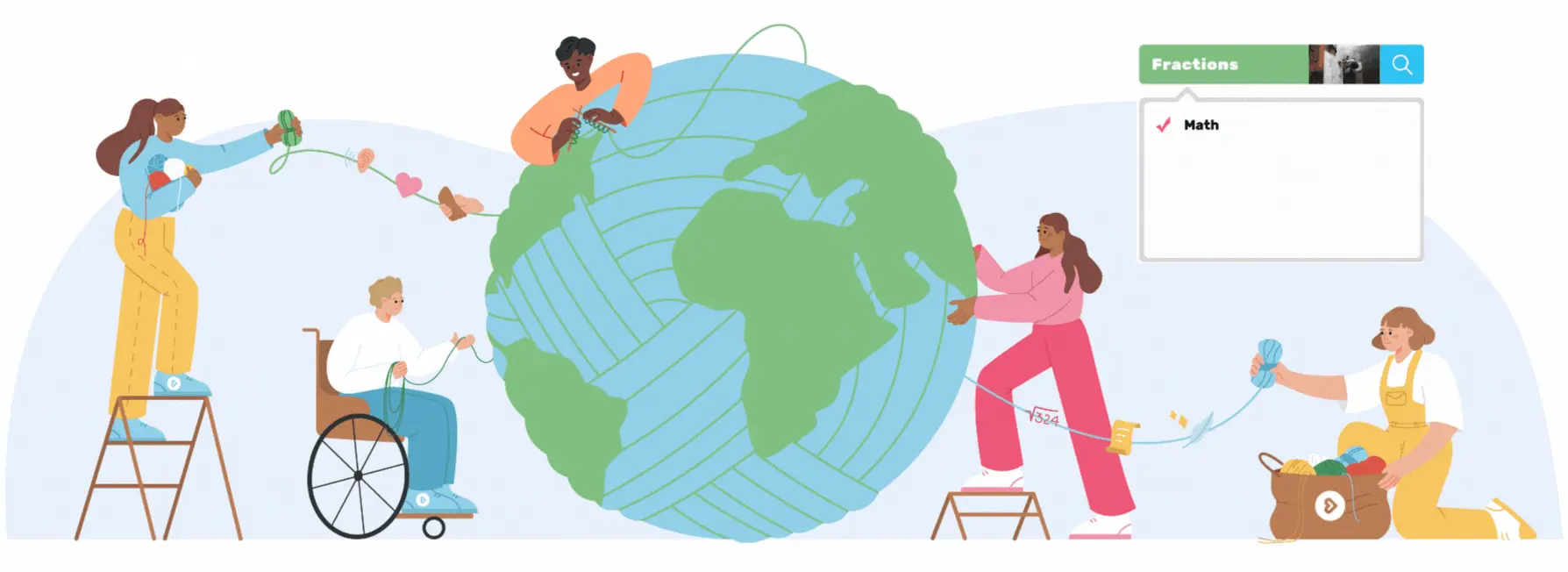
Better World Notes for all of us to remember: this story is an introduction to who this human is. It would take years (even a lifetime!) to wholly understand this person, just like it takes us such a long time to begin to understand ourselves and one another.
As we watch the wordless video, let's suspend judgment and strive to practice curiosity and wonder. Let's recognize bias and challenge our assumptions. Let's explore how we might move beyond these assumptions together in a meaningful way.
As we explore the lesson plan, let's remember these are not instructions. This is a learning guide. You can adapt this for your situation, and reach out to us anytime for ideas, too. You can also follow it step by step, if you'd like. Though we believe learning happens in so many ways, and these lessons can be adapted so beautifully by you(th) to create a magical experience. If we adapt, let's just remember to keep the actual story content authentic. These are real humans we're learning about -- let's stay true to their stories.
As we read the written story, let's remember that this person in the story is not representative of a whole culture or way of life -- better world learning means moving beyond generalizations and simple single stories. More on this in the humanity & belonging unit.
We've got to remember that this person is a unique and whole individual with unique, complex, and beautiful experiences -- just like everyone in our own lives and classrooms! We've got to live with ubuntu.
Judgment and bias are both quick to get and hard to get rid of. And both are really pretty boring.
But curiosity? Curiosity is magical.
Learning? Learning is forever.
Curiosity before judgment.
Wonder beyond words.

More Better World Resources: Looking for a powerful learning guide for empathy and curiosity practice? Here is a version for early childhood learning. Here is a version for self-guided learning at any age. You can use the lesson plan above in the "lesson plan" tab, or you can try one of these lessons that work wonders for any of the stories on Better World Ed.
Looking for a math focused "all stories" learning guide? Or one on deep breathing? On listening to understand? On how to make chai? Head to your Members Hub for more magic !
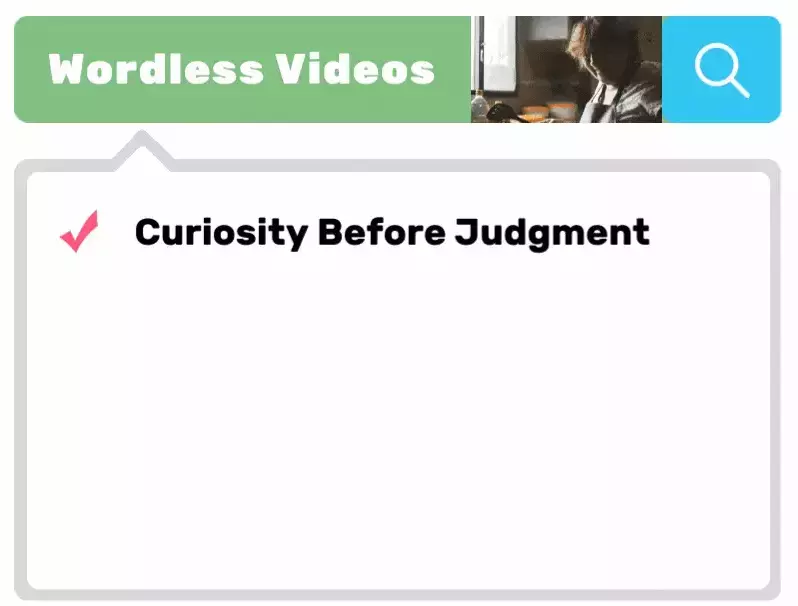
Math Topic
Fractions
Country
Ecuador
Global Topic
Business & Economics, Earth, Environment & Climate, Food & Farming
Math Objectives
Equivalent fractions, Multiplying unit fractions and whole numbers
Literacy Topic
Author's Purpose, Comprehension, Communication & Collaboration, Critical Thinking, Evidence Collection, Inferencing
SEL Skill
Addressing Challenges & Community Engagement, Analyzing Situations, Appreciating Diverse Perspectives & Ways Of Life, Changemaking, Entrepreneurial Thinking, Civics, Collaboration, Empathy, Understanding & Listening, Equity & Justice, Perspective Taking & Global Awareness, Realizing Dreams, Reflecting Mindfully, Respect for Others & Character Development, Self-Awareness, Social Awareness, Social Engagement
Math Grade Level
3rd - 5th
Social Studies
Community Engagement, Culture, Current Events, Ethnography, Geography, Global Connections, Sociology
Science Topics
Agriculture, Biology, Ecosystems
Browse Related Stories
I Am Norma :: Seeding Dreams
A Better World Story
Even though I am 74 years old, I am living the life that I had envisioned for myself when I was a little girl. When I was growing up in Ecuador, I worked on my grandparents’ farm after school. I enjoyed harvesting fruits, cutting weeds, and chasing the rabbits that would try and get into the vegetables. Climbing trees was my favorite hobby, but sometimes I would fall from their branches and my mom would be very mad at me because she was afraid I would hurt myself. Other times I would take a nap in the shade of the trees until my grandparents were ready to go home at the end of the day. The country life was so appealing to me that I decided I would become a farmer when I was older. Now here I am, with my own house and my own farm. I am living my dream.
My dreams of owning my own house and farm were influenced by my grandparents’ lifestyles. What are some things that might influence your dreams? Maybe other people, or stories you have heard, or your own experiences, or something else?
Have you ever shared your dreams with others? If so, what were some of the reactions of other people when you told them? How did that make you feel?
I do not clearly remember my father, but I do have memories of my step-father. I grew up in my grandparents’ home, but every once in awhile I would go visit my parents. My step-father was a rich man who owned a lot of land. One day he became sick, and I was assigned to take care of him. I was about 6 years old when this happened, and my job was to make sure that my step-father had enough to eat. I remember that I would turn this task into a game, where I would feed him one spoonful of soup, and then I would take a spoonful for myself. I would go back and forth, back and forth, until we were both full. After my step-father died, the rest of my family fell into poverty. It was very difficult for my mother to raise 10 children by herself, and so in order to eat and attend school, my siblings and I had to work. To buy school materials and uniforms, we would leave school and harvest coffee beans for a week to make some money before returning to class.
What are some of the responsibilities that you have in your own home? How did you get those responsibilities? Were they assigned to you, or did you volunteer? I described how, when feeding my step-father, I would take one spoonful of soup, and then give him one spoonful. If I ate 30 out of 60 spoonfuls of soup, can you write that as a fraction for me? Can you also give an example of an equivalent fraction? Now, let’s say that was one bowl of soup. And let’s say we share soup this way every lunch for a week. Total, how many bowls of soup do we each eat for lunch in a week?
Now that I am older, I have my own farm and do not have to work for others. The spirit of entrepreneurship has always been there for me. I have planted tobacco, cocoa, coffee, beans, and other kinds of crops. Right now, my farm produces organic bananas. Selling the bananas provides an income for my family, but it is not always easy. For example, I have learned that you cannot go against the power of nature. I remember one time in particular that we had a very strong winter. The river overflowed and the whole banana plantation was washed away by the river. That was a difficult time for my family, and we had to start from scratch. Earth can give you everything, but also can take away everything in the blink of an eye. Years ago, I decided that I should stay in the banana business no matter what. Business goes up and down, but so far it has provided for my family.
Have you ever been in a situation where you felt as if you were not in control, like the time I could not stop the effects of the weather on my crops? How did you react? What did you learn from the experience that you can apply as a lesson for the future?
Let's Love Learning!
Hi there -- you've found Better World Ed membership content.
Become a member to access powerful wordless videos, human stories, and lesson plans!
If you're already logged in, upgrading your membership will ensure you have access to this content. Learn more here.



